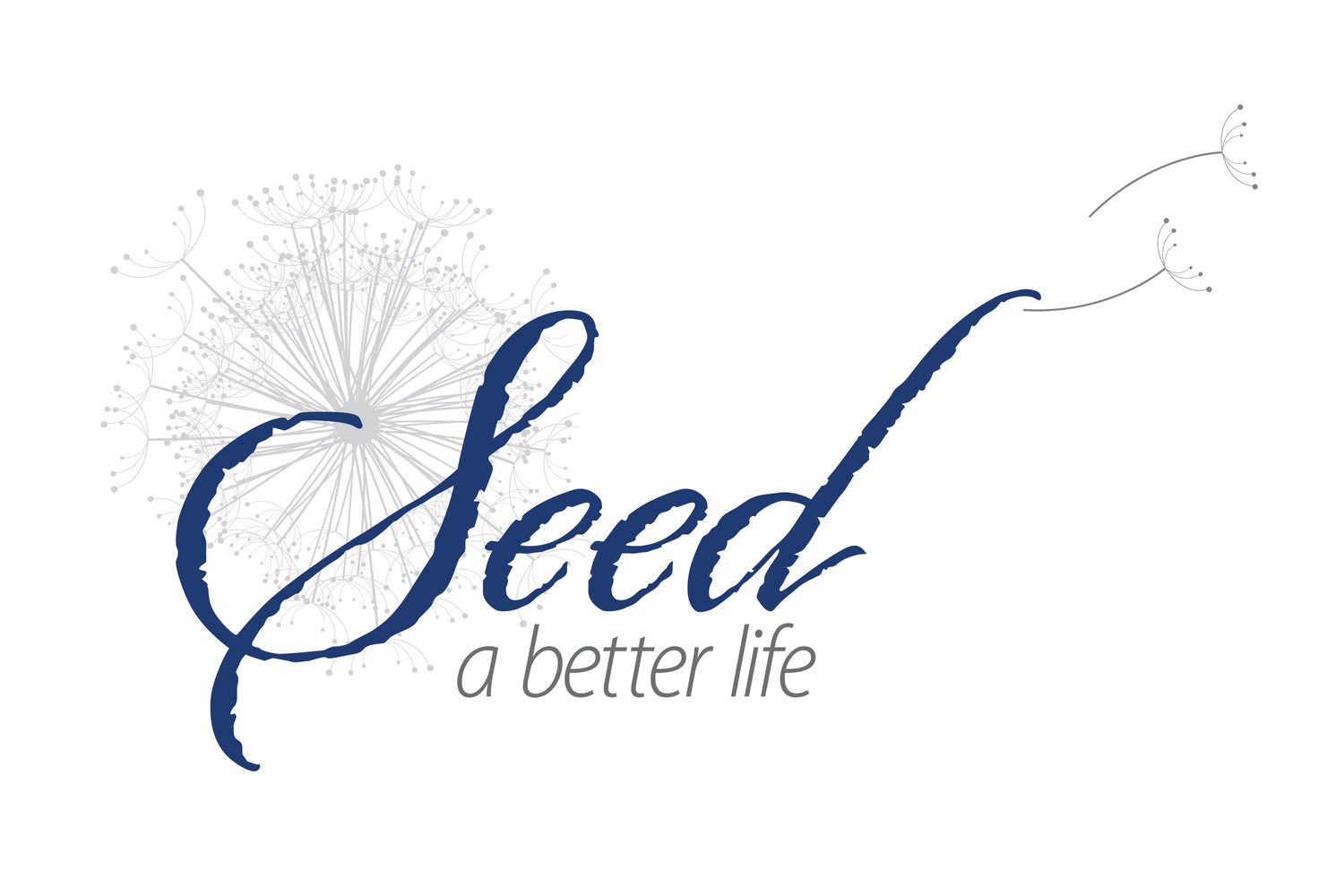Letter From Our President
Mavis Bauman
Forgiveness. That’s what pulled me into the Rwandan story.
Grenade-blasted church wall with blood-stained clothes of genocide victims who were killed inside
A year after the 1994 Genocide Against the Tutsi, a grad school classmate of mine who had been working in Rwanda came to my house with two handfuls of photos. Devastating scenes… blood splattered half way up interior church walls, precious Rwandan bodies of all ages, drying in the sun.
How could the survivors, victims, and perpetrators move beyond this horror and live peacefully together? As I read all I could about Rwanda and the genocide, I learned that forgiveness is a part of Rwanda’s national policy.
Forgiveness is a part of Rwanda's national policy.
I struggle with forgiveness in my own life. Old wounds, lost dreams. I wanted to understand how Rwandans are moving on. Also, I couldn’t bear the difference between my life of abundance and theirs of rebuilding with so little, their families decimated. In 2008, I joined a group from my church on a trip to Rwanda. I convinced myself not to be overwhelmed by the amount of need I would see and held tight to the idea that I could do something.
Deborah Kagwisagye
On that trip, I met a Rwandan woman, Deborah Kagwisagye of Generations Impact, a volunteer watching over 30 young people sharing a small concrete house in a Kigali village for survivors — people who were young children at the time of the genocide and who became motherless and fatherless during the killings. At these survivors’ house, it all came together for me — my skills and education, my dreams and long-smoldering passion. I did not have the courage to venture far before then, but God gave me courage in that moment.
Since then, I’ve learned these survivors’ names. They’ve showed me their wounds and told me their dreams. My family has been there for me in dark moments, and I can be there for these survivors in some way.
I feel called to eliminate one hour, even one minute, of suffering for these amazing people. And, as I serve, my own old wounds heal and forgiveness follows.
Blessings,
Mavis Bauman
President



